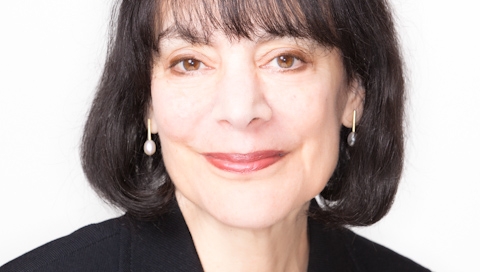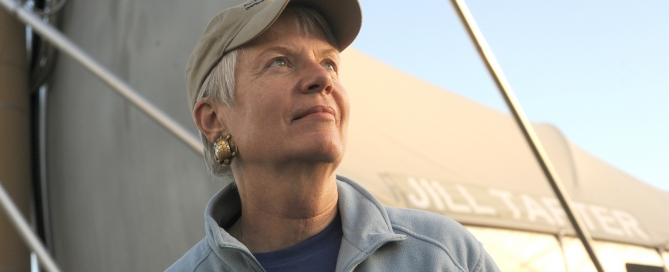Babies learn. Babies learn to walk, they learn to talk, they are very keen to know about everything that happens around them, and most importantly they don’t worry about making mistakes. However after few years of schooling, a large number of young learners turn away from learning. What changes their behavior towards learning? One of the world’s leading researchers in the field of motivation Carol Dweck, a professor of psychology at Stanford university, says this change occurs when learners adopt a fixed mindset.
According to professor Dweck, “in a fixed mindset, people believe their basic qualities like their intelligence or talent, are simply fixed traits. They spend their time documenting their intelligence or talent instead of developing them. They also believe that talent alone creates success—without effort. They’re wrong”. While with regard to growth mindset, professor Dweck notes, “in a growth mindset, people believe that their most basic abilities can be developed through dedication and hard work—brains and talent are just the starting point. This view creates a love of learning and a resilience that is essential for great accomplishment. Virtually all great people have had these qualities”.
In this podcast Professor Dweck discusses her research on the concepts of mindset, motivation and success. In this podcast we touch upon the following points:
- Fixed vs. growth mindset: definitions, concepts, and underlying theories
- Why learners turn away from learning: their beliefs about their minds and its plasticity are the key factors.
- Students with growth mindsets perform better than those students who have fixed mindset: professor Dweck discusses research studies and experiments that lead to these findings.
- Scientists have used brain science and EEG to study what happens in our brains and how does the functioning of a fixed mindset brain differ from the functioning of a growth mindset brain; professor Dweck discusses brain science behind these two mindsets.
- How do we develop these mindsets? Are we born with particular mindsets, is this genetic or does this depend on our upbringing and our environment? This is a typical nature vs. nurture question.
- Professor Dweck notes that the way we interact with our children, for instance the way we praise and reward them, the manner of these interactions can lead to the development of a particular mindset; so what are the ways of interaction that support the development of a growth mindset.
- Based on this research, a support programme – Brainology – has been developed that helps students develop a growth mindset. “Brainology programme achieves this by teaching students how the brain functions, learns, and remembers, and how it changes in a physical way when we exercise it” says Carol Dweck. It is reported on the Brainology programme website that “Brainology was designed to benefit all children, and it has been used successfully in classrooms and at home, typically by 5th through 9th graders. However, younger and older students have also used the program to great advantage… The aim is to raise students’ achievements by helping them develop a growth mindset”. Professor Dweck describes the motivation, goals and objectives, curriculum of Brainology, and the impact of implementing Brainology programme.
- There are different ways to examine research on mindsets: from students’ perspective, from teachers’ perspective and from parents’ perspective. There is a need to improve awareness among students, teachers and parents about this research and its findings.
- After discussing the concepts of growth and fixed mindsets from an early education perspective, Dweck discusses that how do these concepts relate to grown-ups.
- When a grown-up lands on a dream job, lets say he or she becomes a CEO, is it possible that after achieving such a major goal, the person may adopt a fixed mindset?
- Myth of being perfect and avoiding self-improvement: does this represent a fixed mindset?
Encouraging and adopting growth mindset at workplaces: how to encourage and support individuals at workplaces to adopt growth mindset.
- Research suggests that individuals should be encouraged to adopt growth mindset, and groups and organizations should be encouraged to adopt growth mindset, I ask professor Dweck can we extrapolate this idea and can we aim for a society with growth mindset. She shares her views on this.
- How does the concept of growth mindset relate to the concepts of ‘learning to learn’ and ‘lifelong learning’?
- Future research directions, expected developments and breakthroughs
Resources:
- The Brainology Programme (Mindset Works)
- Dweck, C. S. (2006). Mindset: The new psychology of success. New York: Random House.
- Dweck, C. S. (2002). Beliefs that make smart people dumb. In R. J. Sternberg (Ed.), Why smart people do stupid things. New Haven, CT: Yale University Press.
- Dweck, C. S. (1999). Self-theories: Their role in motivation, personality and development. Philadelphia: Psychology Press.
- Mueller, C. M., & Dweck, C. S. (1998). Intelligence praise can undermine motivation and performance. Journal of Personality and Social Psychology, 75, 33-52.



Connect With Us